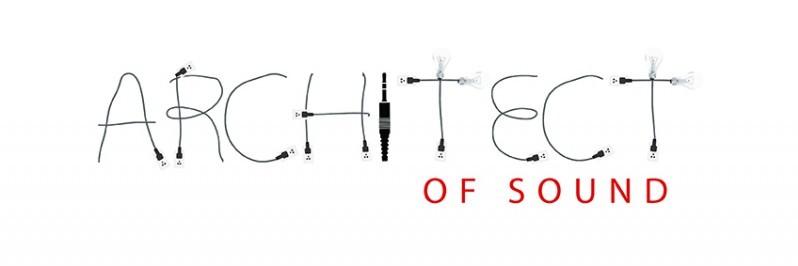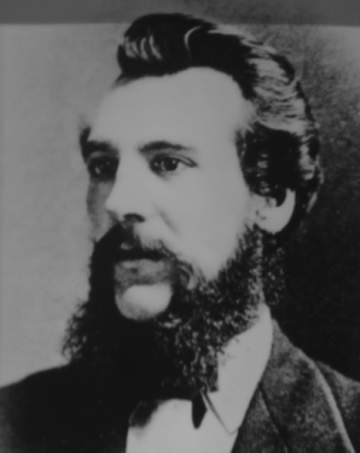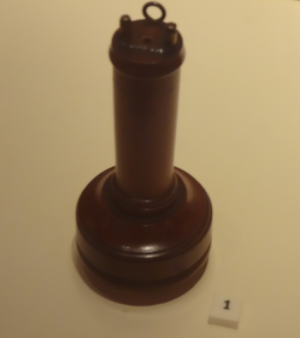Alexander Graham Bell was an influential Scientist, Engineer and Inventor. He was born on the 3rd March, 1847 in Edinburgh, Scotland. He was educated in Edinburgh and London and was known to have been an excellent piano player at a young age. His father Alexander Melville Bell worked with the deaf, and was the inventor of “Visible Speech,” a universal alphabet that portrays the sounds made by the human voice as a series of symbols. Alexander Graham Bell followed in his father’s footsteps to become a teacher of music and elocution and in 1868 began teaching speech to deaf children in London.
In 1870, Alexander and his parents immigrated to Brantford, Ontario, Canada. The following year Alexander Graham Bell moved to Boston in the United States and in 1872 he founded the school of Vocal Physiology where he trained teachers of the deaf. The School then became part of Boston University where Bell was appointed Professor of Vocal Physiology. It was here he met Boston attorney Gardiner Greene Hubbard and in 1873 met Hubbard’s daughter, Mabel (who was to be his wife).
Bell had always been fascinated with the idea of transmitting speech. He experimented with sound and had worked with such devices known as the ‘Harmonic Telegraph‘ and ‘Phonautograph‘. In 1874, while conducting acoustics experiments at the Massachusetts Institute of Technology, Bell conceived the idea for a Telephone. This same year, he met Thomas Watson, who would become his assistant. In 1875, Thomas Sanders and Gardiner Greene Hubbard entered into an agreement to provide financial backing of Bell’s invention.
It was march 1876 when Bell made the first intelligible telephone communications. Bell thought if sound waves could be converted into a fluctuating electric current, that current could then be recovered into sound waves at the other end of the circuit. Bell had been conducting experiments with his latest telephone transmitter. Bell was in his laboratory while his assistant Thomas Watson waited in Bell’s bedroom with a reed receiver pressed against the wall. The following words were spoken by Bell down the mouthpiece:
"Mr Watson, Come here. I want to see you."
Mr Watson opened the door and confirmed he heard the message down the transmitter. The Experiment had been a success. Alexander Graham Bell patented his invention in 1876. The first public display followed in June at the Centennial Exposition in Philadelphia. This invent seen public displays of various inventions such as the Telephone, typewriter and new sewing machines etc.
Decibel
Definition: A unit used to measure the intensity of a sound or the power level of an electrical signal by comparing it with a given level on a logarithmic scale. A Decibel is one tenth of one bel. bel was named in honour of Alexander Graham Bell.
Everyday Decibels Levels.
10 decibels: Falling leaves.
20 decibels: A whisper in a quiet library.
30 decibels: Quiet conversation.
40 decibels: The noise level in an average house or a hum on a fridge.
50 decibels: Normal office noise or rainfall.
60 - 70 decibels: Piano Practise or the noise of a normal conversation at 3ft apart.
70 decibels: Level at which most people play their radio.
80 decibels: Noisy office or an alarm clock, loud singing or the average sound of traffic.
100 decibels: Bass drum, passing truck or a car horn.
110 decibels: Screaming child.
120 decibels: Rock Concert.
180 decibels: Plane taking off.

Alexander Graham Bell’s birthplace, 16 Charlotte Square, Edinburgh. Currently under construction ~ Feb 2016.




I didn’t know about his visible speech work before: thanks. I sometimes refer to the phonemic chart in my work at the moment: https://www.teachingenglish.org.uk/article/phonemic-chart
No worries Barry. Yes, Alexander certainly achieved a lot in his lifetime.
He helped a lot of people through his work also.
Thanks for the phonemic chart link.